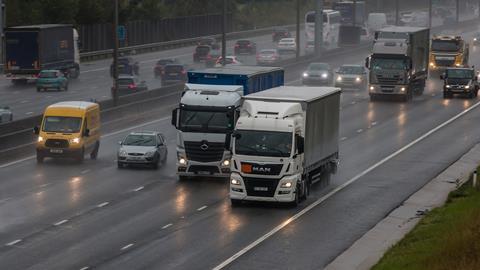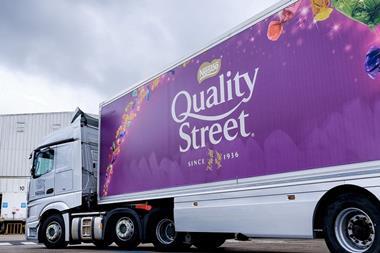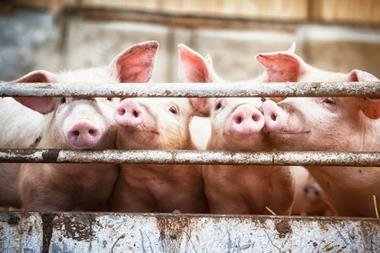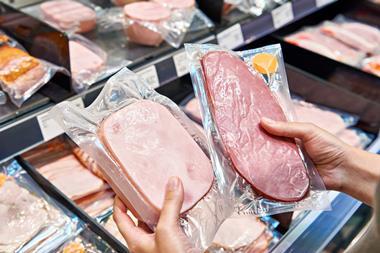EU HGV drivers are not expected to hit UK roads until mid-November at the earliest, The Grocer revealed today.
The time taken to get legislation through, together with an administrative time lag, means Santa’s EU HGV helpers will in fact only have half the time promised by government to ‘save Christmas’.
As such, Johnson’s three-month visa scheme has been dubbed “disingenuous” by an industry scrambling to find willing and able drivers across the channel. It’s a tall order to hunt down 5,000 qualified candidates who are in a position to up sticks during the festive season and head home on Christmas Eve.
And even if that does happen, Christmas still hangs in the balance. Seven weeks and 5,000 drivers to plug a deficiency estimated to be in the region of 100,000 just doesn’t add up (although it’s worth noting EU drivers aren’t the only cause of the shortage, and the DVLA is also facing pressure to clear a backlog of 54,000 HGV licences).
Still, it might not be as bad as it sounds. There is every chance the government, which has become renowned for its U-turns, will extend the deadline. The continued extension of driver hours is one example of its form in this area.
More promisingly, supermarkets and haulage companies have been working up a list of ex-employees who repatriated during the pandemic and could be persuaded to climb into a cab for a handsome fee.
Of course, it’s not a panacea. The cost of tapping a temporary labour pool will ultimately hit consumers’ pockets.
Initial indications are showing wages for EU HGV drivers are likely to surpass those of UK drivers by 20%. That’s even taking into account the exponential rise in UK wages over the past six months, which have in some cases have increased by up to 40%, or £70k a year. It’s big money.
On top of that, companies taking advantage of this scheme will be expected to pay for return flights to and from the UK, accommodation costs for the duration of their stay and will pick up the tab on any medical bills.
One source told The Grocer this week they are hoping to bring over between 200 to 500 drivers, but only hope to break even in a bid to deliver Christmas for its expectant customers.
More worrying is the situation for the smaller food producers and wholesalers who don’t have historic staff lists of potential recruits to draw on and no means by which to locate them. They are on the back foot, and the government is understood to be offering zero help.
For the haulage industry – which has long called for temporary visas for HGV drivers, only to face government resistance – this late decision sticks in the throat. The Federation of Wholesale Distributors and the Road Haulage Association (RHA) were two of the first trade bodies to make such a demand back in June, only to be told by transport minister Charlotte Vere that the industry was “crying wolf”.
All of which means the latest development has only compounded, rather than eased, the friction between the industry and government. As one insider sums up: “The atmosphere between government and this industry at the moment is toxic. There is a huge anger, we saw that with the fuel crisis and its reaction to the RHA. They are setting us up to fail.”




















No comments yet